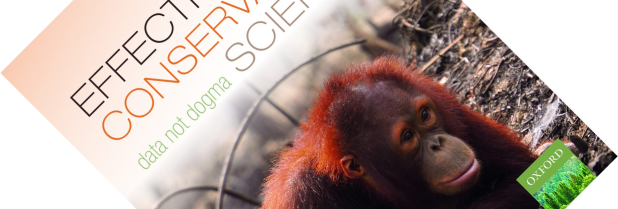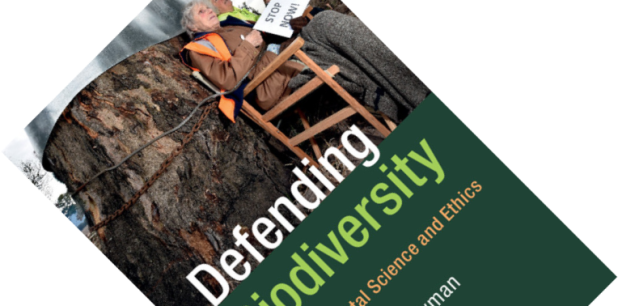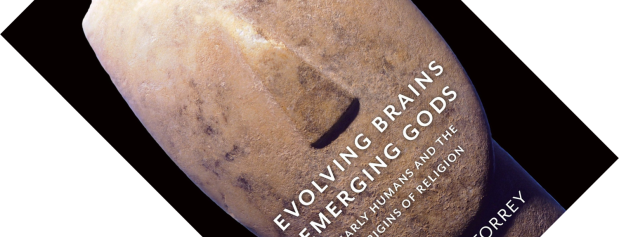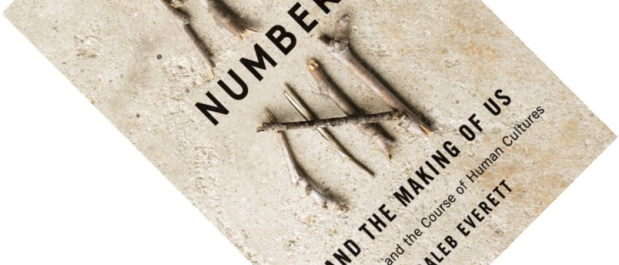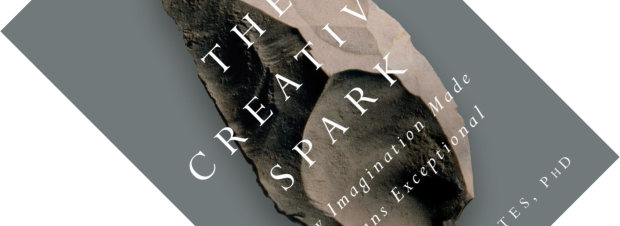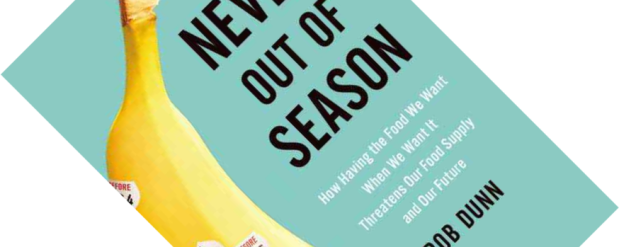Following hot on the heels of Cambridge’s Defending Biodiversity: Environmental Science and Ethics, Oxford University Press has just published the edited collection Effective Conservation Science: Data Not Dogma. Whereas the former title was careful about courting controversy, a quick scan of the chapter titles of this book suggest it is seeking out hot-button issues sure to upset some people (“Uncomfortable questions and inconvenient data in conservation science”, “Introduced species are not always the enemy of conservation”, or “Rehabilitating sea otters: feeling good versus being effective”). Together, these two books form an excellent combination of a philosophical and pragmatic examination of biodiversity conservation, and how we could do better.
Perhaps more than any other discipline, conservation science arouses strong feelings of righteousness, of fighting the good cause. Critical questions or results that run counter to the narrative of nature-in-decline are unwelcome, often out of fear that policymakers and the media will misinterpret such findings, leading to drastic reduction in support for conservation efforts. Though understandable, Effective Conservation Science is a collection of 26 cautionary tales of the dangers of such thinking.

